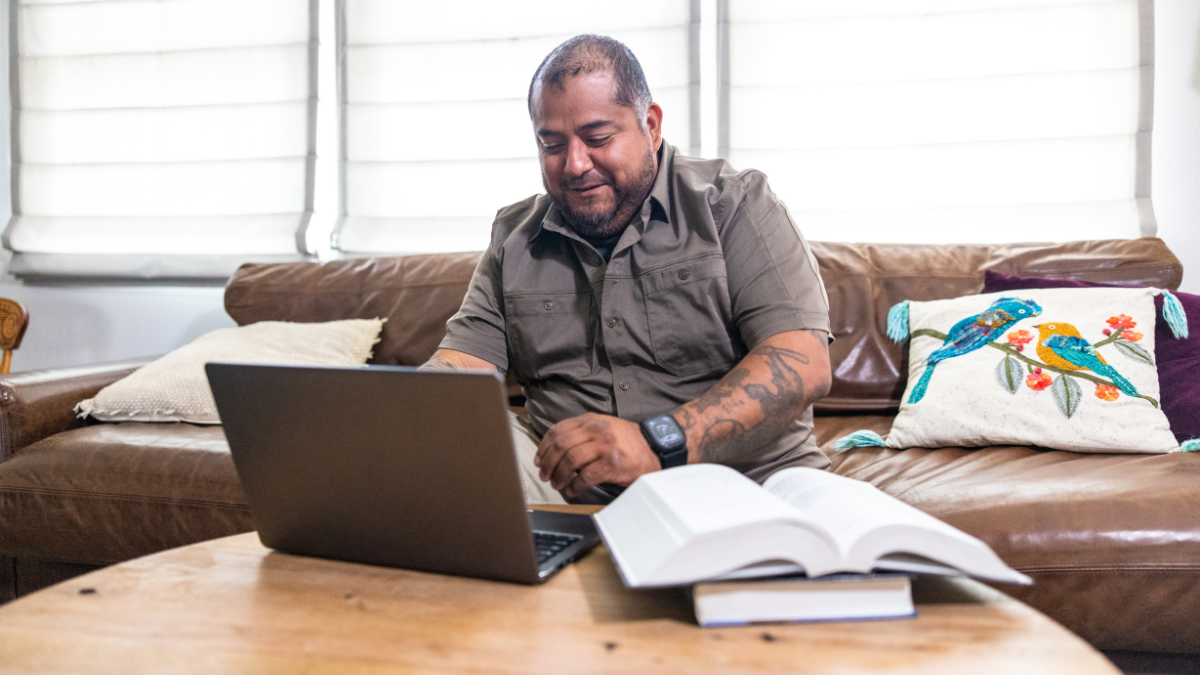VA Telemental Health Suicide Prevention: Amid a surge in technology and a growing understanding of mental health, the U.S. Department of Veterans Affairs (VA) has wholeheartedly embraced telehealth’s perks for its mental health care. This forward-thinking move is proving vital in safeguarding veterans from suicide. Yet, rolling out this cutting-edge approach smoothly has its snags.
Benefits of VA Telemental Health Suicide Prevention
With the mental health of veterans needing urgent attention, the VA has turned to telehealth services as a lifeline. Telehealth uses communication tech to uphold health and well-being. This approach particularly boosts accessibility to mental health care for veterans.
No longer are physical distances a barrier thanks to telehealth, bridging the void for veterans in isolated or countryside locales and their health care providers. It also removes the need to travel, thus solving transportation dilemmas.
Telemental health also delivers convenience. Veterans can seek therapy, psychiatric advice, and lifelong mental health tools from their living rooms, notably slashing the stigma tied to seeking mental health aid.
Suicide Prevention Strategies for Veterans
For the VA, stemming the tide of veteran suicide awareness is key. Psychological, cultural, and societal dynamics place veterans at greater suicide risk. Telehealth allows the VA to support swiftly and effectively.
Veterans and their loved ones get up-to-date on suicide red flags via telemental health channels. The VA provides guidance and tactics for confronting suicidal impulses. Such initiatives broaden and enhance the palette of available intervention techniques.
Telemental Health Apps for Veterans
The rise of mobile apps has given new energy to the VA’s mental health offerings. A slew of VA-approved apps zero in on mental health, granting veterans teletherapy and resources on demand. Veterans can link up to a therapist right from their phones, joining live mental health sessions.
These apps boast tools like calmness practices, mood monitors, and self-assistance manuals, granting veterans the know-how to tackle stress, angst, depression, and PTSD, among other issues.
Crisis Helplines and Hotlines for Veterans
Beyond arranged therapy, the VA assistance’s urgent response services come to the rescue for veterans in crisis intervention. At the heart of this are the suicide hotlines, staffed by caring specialists on standby to give emotional backing and fast medical aid when needed.
Twenty-four-hour crisis lines guarantee that veterans can get help no matter where they are, at any time. These helplines are a lifeline for veterans caught in persistent spells of depression, anxiety, and thoughts of suicide.
Telemental Health Rollout Hurdles for Veterans
Telemental health’s many positives for veterans are not without rollout drawbacks. Technology barriers are a hefty hurdle to its full potential. Veterans lacking stable internet or the right tech could miss out on the full slate of telemental health benefits.
Plus, tech hiccups during sessions can mar the service’s quality and efficiency. Choppy, unclear, or unexpectedly cut-off sessions due to connectivity issues can annoy both veterans and their counselors.
Privacy concerns are also at the forefront. Sessions at home may not match a clinic’s confidential setting. Veterans might hesitate to open up about private issues without assured security and discretion.
Even though telemental health is revolutionizing many veterans’ lives, reaping its whole potential hinges on surmounting the tech roadblocks that hamper smooth access, bolstering privacy protections, and boosting veterans’ digital know-how. Yet, even with these obstacles, the critical role of VA telemental health in suicide prevention stands out. Follow us for more Blogs.







You must be logged in to post a comment.